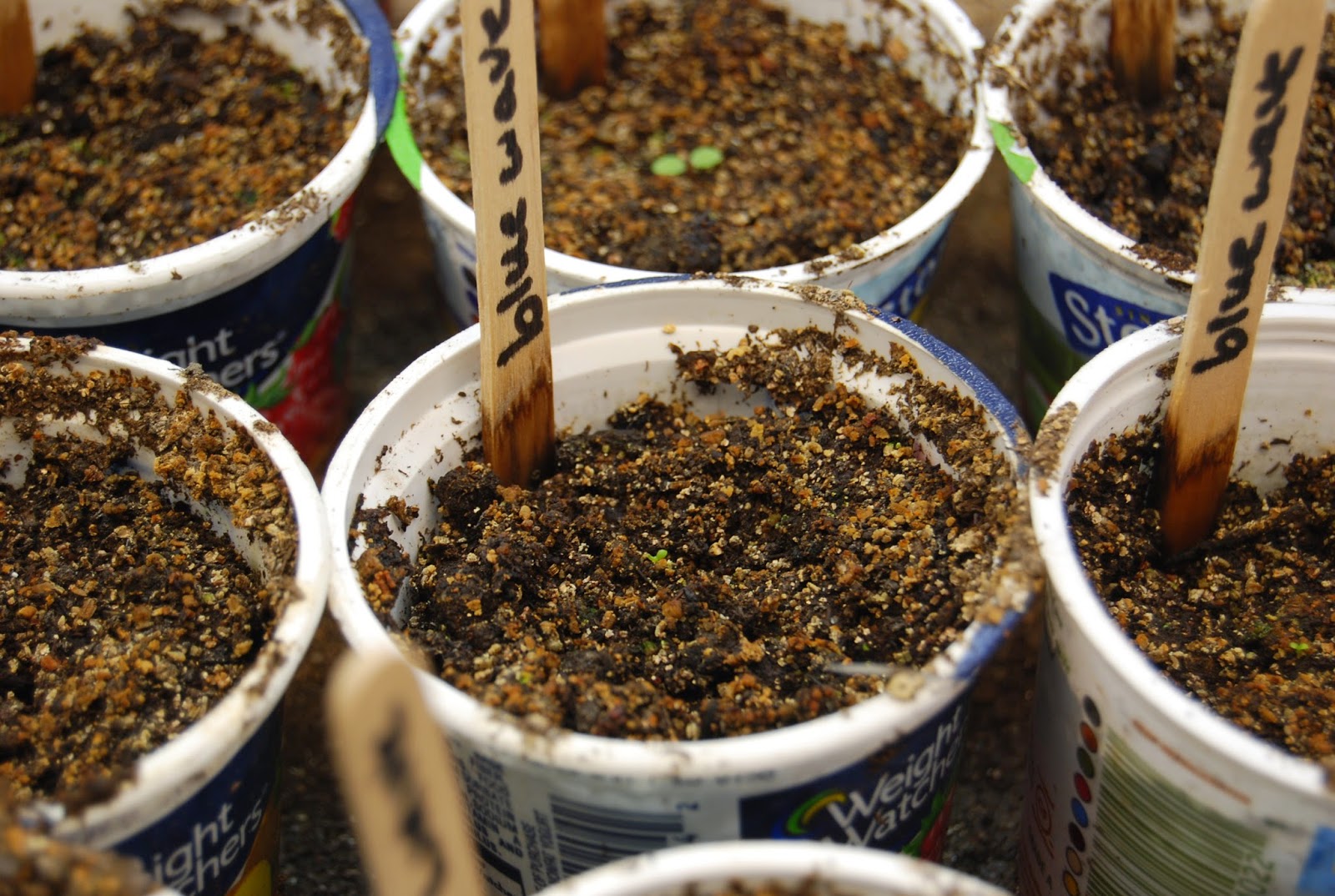This is your two minute warning, or actually, your four
month warning.
It’s time to start the petunias!
Okay, maybe you're not concerned. Maybe, like I’ve been told
by at least one reader, you skip the garden posts on this blog. Fine. I take no
offense. Really. I’ll just pick up my trusty trowel and slink away.
But for the rest of you – aren’t you itching for a little
summer? Or more importantly, do you spend much too much money on annuals each summer?
Have you ever purchased happy little seed packets of annual flowers, only to be
disappointed when all they produce is leaves and die before a proper bloom can
happen?
We are such suckers for a pretty picture. I gave up on the
seeds years ago and started buying flats of annuals instead. It ate at me,
though, because they cost a fortune and I am nothing if not a skin-flint. Yet I
could never resist, especially the wave petunias.
Petunias are happy flowers, and better yet, they’re
resilient. The perfect flower for the easily distracted gardener. They can look
nearly dead one day, but a little splash of water and they offer a dozen more
trumpet-blooms within hours.
They’re worth the price tag, right? Maybe. But what if you
didn’t have to pay it? What if you could grow wave petunias from seeds? Instead
of paying $5-8 for one wave petunia, what if you could pay $1.75 for eight? You
can. But you need to get started.
There’s really only
one trick to growing your own gorgeous wave petunias from inexpensive seeds,
like mine….
Start early. You need to get those tiny little seeds in the
ground and then you need to be patient.
Head to the hardware store (or your basement) and grab some
seed starter, small pots, and a fluorescent light with a timer (nothing fancy,
just what you find at the hardware store).
Of course you’ll also need seeds. I purchased my seeds
through Pinetree Seeds and was very happy with the results last year – no duds.
Petunia seeds are teeny, tiny, so put on your reading
glasses before you work with them. And then -
1. Fill your pots with half potting soil, ¼ peat moss, and ¼
vermiculate (or perlite).
2. Wet the soil thoroughly.
3. Place one seed on the surface in the center of each pot
and give it a few mists of water.
4. Petunias need light to germinate. So set your pots under
your lights and set the timer to provide 16 hours of sunlight.
5. Keep the soil moist. You’ll want to use a mister so you
don’t inadvertently wash away the bitty-little seeds or crush the fragile
plants. If possible, water from the bottom also. I set my pots in shallow
plastic bins so I can keep the soil moist by watering from the bottom which
will encourage roots to dig deep.
6. Here’s the most important step -BE PATIENT. Petunias are
slow. Heartbreakingly slow.
Here are mine at ten days. Looks like nothing, right?
Well, look a little closer, four of them have actually put
out a tiny leaf or two.
Here they are at two weeks. Still some empty pots, but they’ll
be along shortly. I’m confident.
Growth is painstakingly slow, but it is so very much worth
it. Sure, you’re saving a few bucks, but more than that, these are your
creations. Just when you think all is lost, the tiny fleck of green will
appear.
Can you see it?
How about this one?
Growing annual flowers from seed will make winter easier to
stomach and bring spring early to your soul. That alone, makes it worth it for
me.
You can start nearly any annual this way. I’ve grown
impatiens and calendula, but Petunias are my favorites, so this year I’ve
decided to stick with the ones that give me the most bang for my buck. I’ve got
forty petunias going under my lights – 3 wave variety, and 2 bush variety.
There’s still room for the veggies that are up next – but
wait – don’t start those tomatoes or peppers yet! It’s too soon. For now, keep
your dreaming to the flowers.











No comments:
Post a Comment